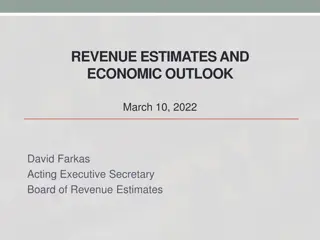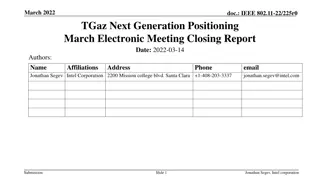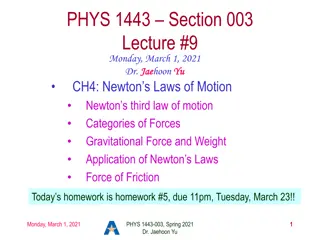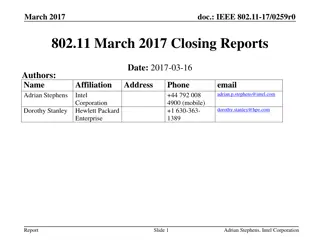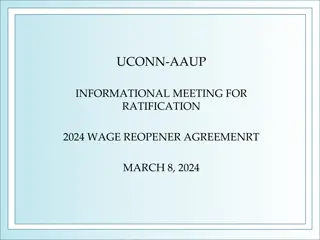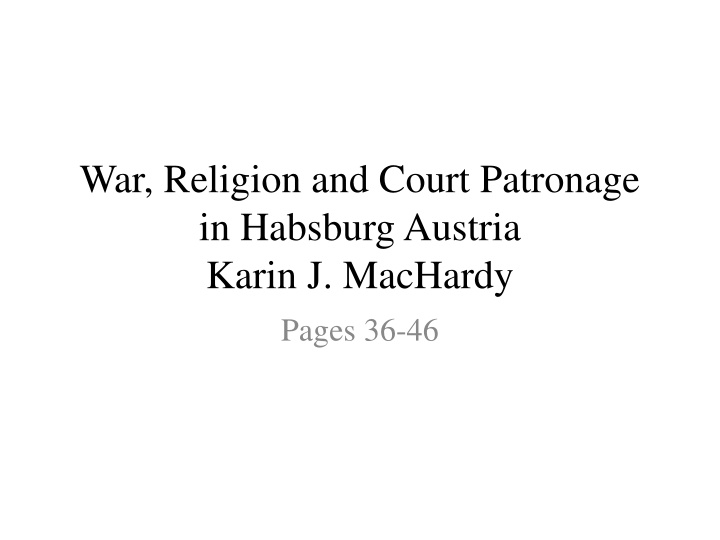
Sovereignty, Laws, and Habsburg Rulers in Austria
Explore the evolving concepts of sovereignty and laws under the Habsburg rulers in Austria, from negotiations with Estates to the interpretation of divine and natural laws, shaping the authority and governance of Ferdinand I and his successors.
Uploaded on | 2 Views
Download Presentation

Please find below an Image/Link to download the presentation.
The content on the website is provided AS IS for your information and personal use only. It may not be sold, licensed, or shared on other websites without obtaining consent from the author. If you encounter any issues during the download, it is possible that the publisher has removed the file from their server.
You are allowed to download the files provided on this website for personal or commercial use, subject to the condition that they are used lawfully. All files are the property of their respective owners.
The content on the website is provided AS IS for your information and personal use only. It may not be sold, licensed, or shared on other websites without obtaining consent from the author.
E N D
Presentation Transcript
War, Religion and Court Patronage in Habsburg Austria Karin J. MacHardy Pages 36-46
Sovereignty Habsburgs and Estates: Started bargaining over judicial issues. Jean Bodin: Sovereignty = Iura majestatis Essence that the royal power was the ability to make and change laws by command.
Less states with the ability to issue legislation. Estates cloud resist if rulers acted contrary to immutable customary rights and natural laws (related with religion and material survival).
Laws Natural Law is determined by nature, its universal, because certain rights are inherent by virtue of the human nature and it can be understood by human reason. Not an act of legislation but by Godreason . Positive Law human-made laws that specify an action; may also describe the specific rights for an individual or group. Divine Law Law that comes directly from the will of God , are eternal and constant.
Duke Rudolf IV Abolish every sort of liberty, right custom and
Ferdinand I In 1528, Ferdinand I, claimed that he had, like a king, sole legislative power in every decision made by the Estates at the Diets required his sanction. Ability to make new laws; Change and replace customary law. It lasted 10 years, and it remained. This conceptions of legislative power were interpretations of Roman law by late medieval and 16th century. similar with
Ferdinand I Had full authority over positive law but not unlimited. Bound by divine and natural law, particularly in the state of the realm. Ferdinand I s successors stressed the divine sanction of their authority. His politics affected the public projection of the ruler as upholder of religious and moral principles that bounded Christian community.
Ferdinand I Jean Bodin Ferdinand was not far from Bodin s belief, that the power of legitimate rulers was constrained only by divine and natural laws, but they had to respect the liberty and property of free subjects, and honor previous contacts. always
Early 17th Century A contractual character to witch both the prince and the Estates were bound through the act of homage, or when the ruler gave an oath to preserver the law of the land (not specified), and a ceremonial confirmation of the rights and liberties of the Landluete, who in turn sworn loyalty to the prince upon succession. This was important for the Habsburgs, because they had begun to request proof that specific rights had been granted or confirmed by previous rulers, and to justify changes in costmary law not only on the grounds of divine law, but in interest of the common good.
In short, the 17th century symbiosis between the Habsburgs and estates was not a new phenomenon, and the political culture in the Austrian lands had been characterized by an ongoing bargaining between rulers and elites since at least the 15th century. The reformation proved to be a watershed. The successfully bargaining became progressively more difficult as negotiations over religious reform were linked intrinsically to political culture.



